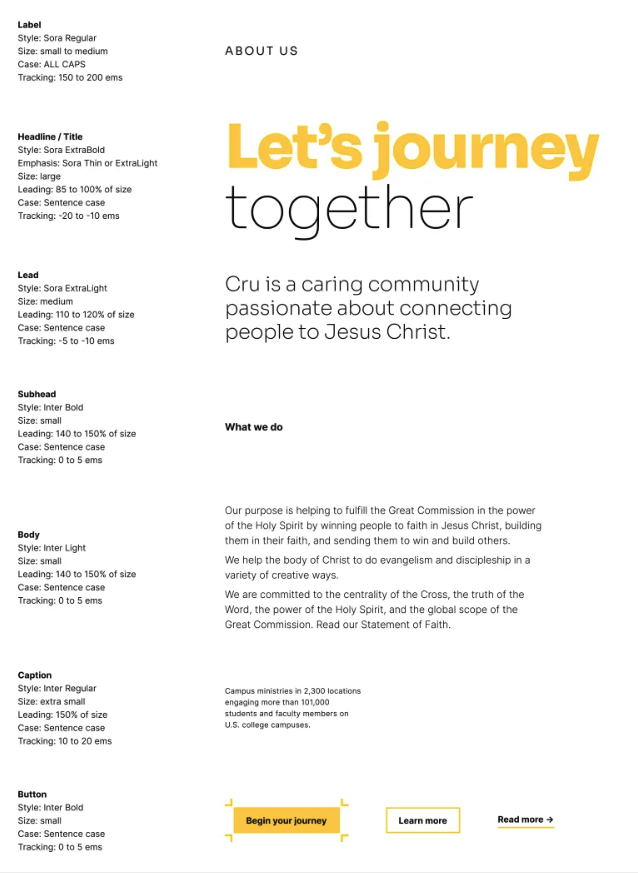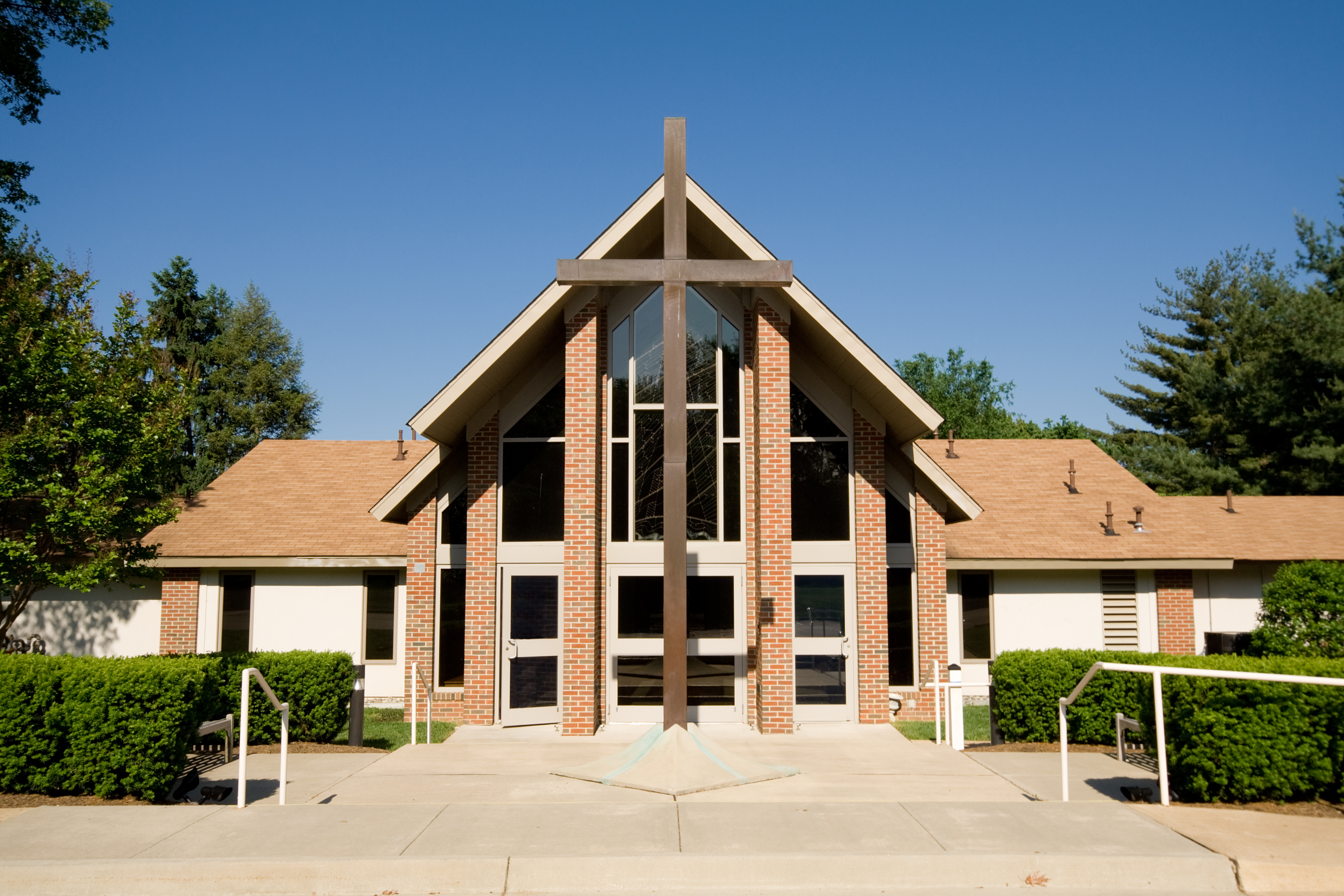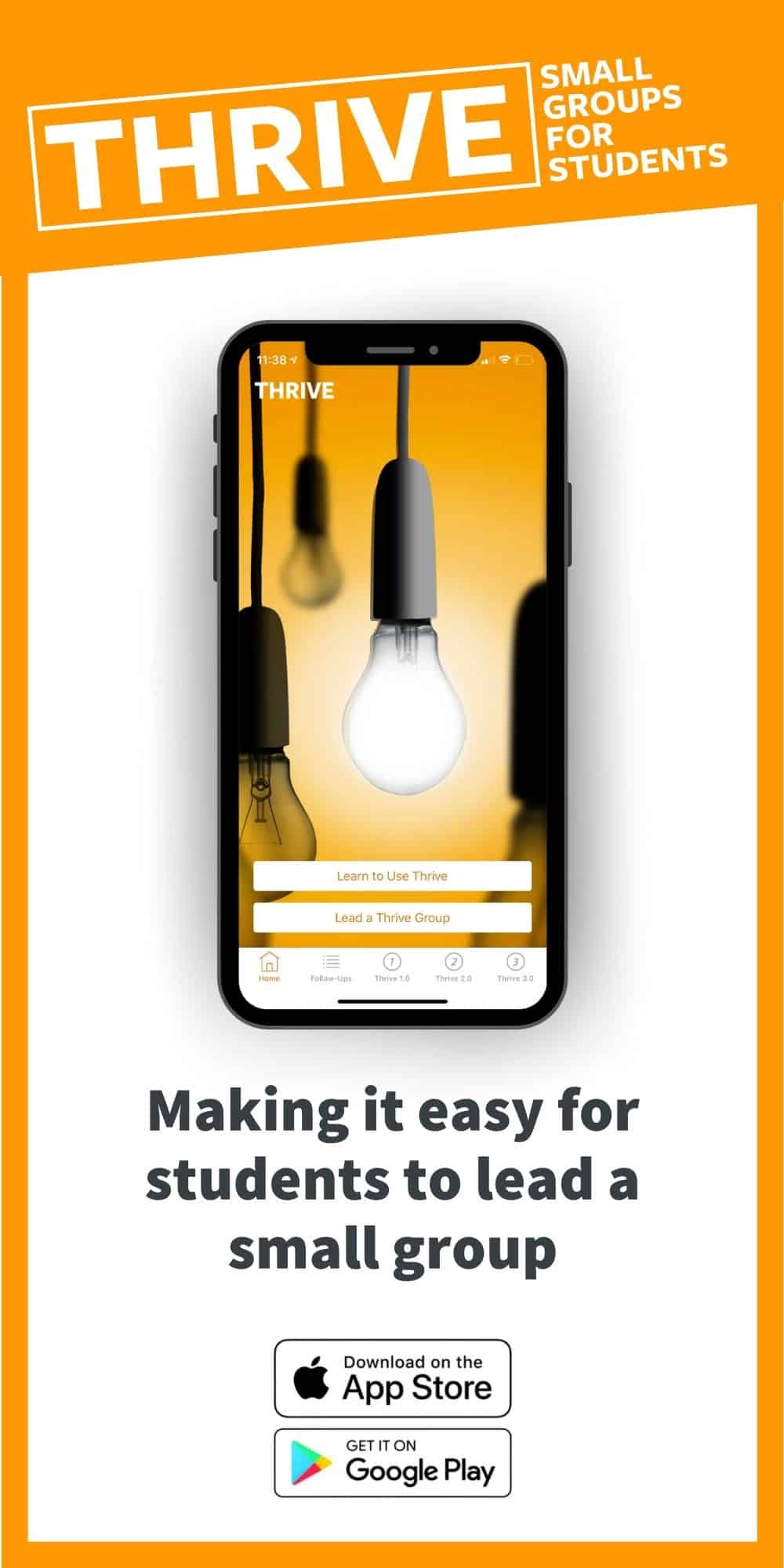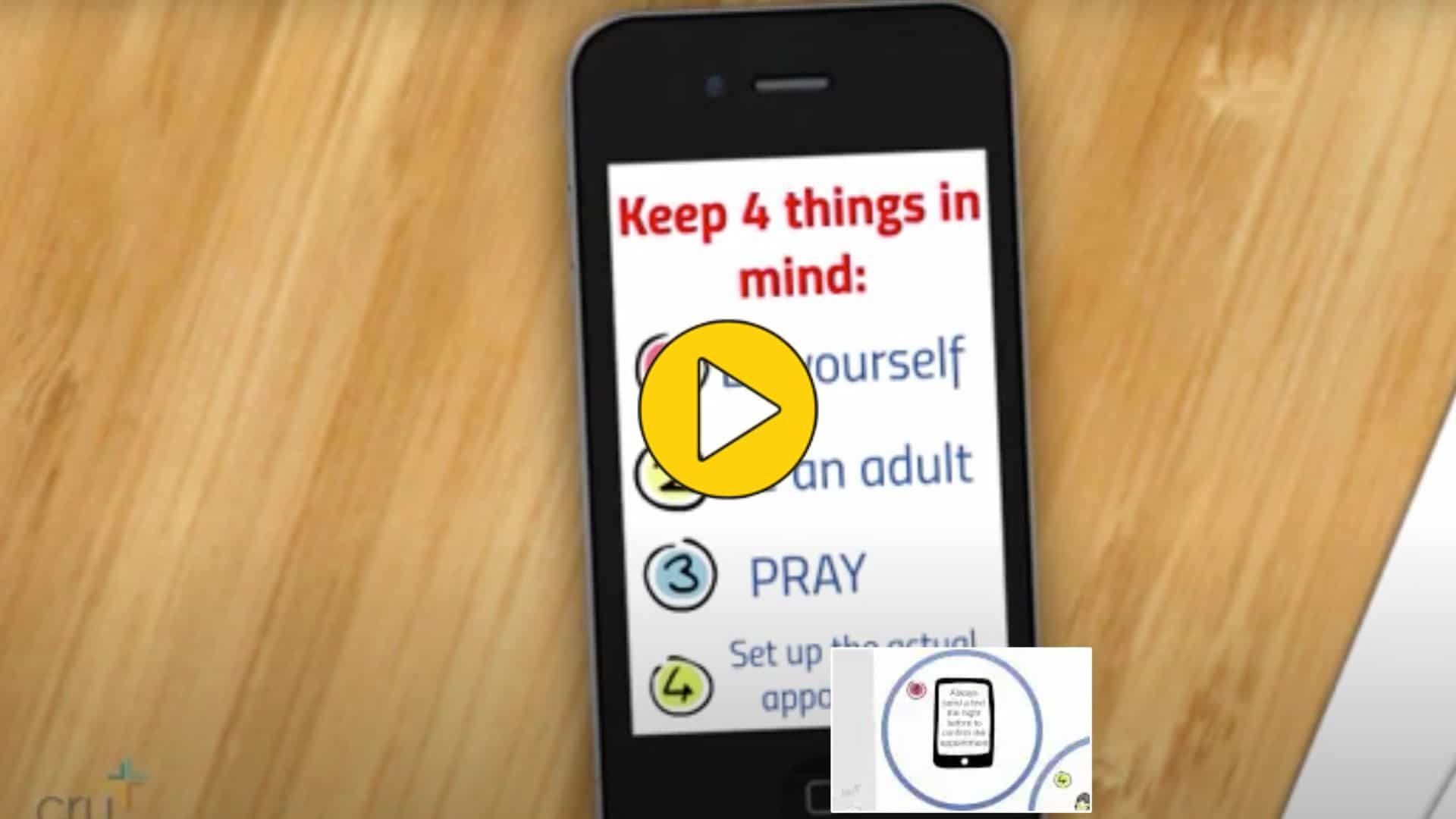Jasmine was a volunteer at a Cru outreach. New students were showing up, and the room buzzed with potential. But instead of diving in, Jasmine felt the familiar pull toward comfort, drifting toward the other volunteers. She had to remind herself: These students might not know anyone. And God’s calling me to love them enough to go first. So she whispered a prayer, stepped out of her comfort zone, and walked up to two girls standing by themselves. A conversation started. It changed everything.
Starting a conversation might feel awkward, but it’s one of the most powerful things you can do in student ministry. Whether you’re a high school leader or an adult volunteer, this is where ministry begins.
Why Is It So Hard to Start?
Let’s be honest, walking up to someone you don’t know feels risky. What if it’s awkward? What if they give one-word answers? The truth is, students feel it too. Many walk into Cru events carrying walls of insecurity or discomfort, unsure of how they fit in. They’re unlikely to approach you first, which means someone needs to take the first step. That someone might be you.
Why It Matters
A student who feels seen is a student who might come back. Starting a conversation is an act of love, and sometimes, a step of faith. It opens the door to belonging, trust, and eventually, the gospel. Many students decide whether Cru is “for them” based on their first interaction. You might be the difference between them staying or ghosting.
“Starting a conversation might feel awkward, but it’s one of the most powerful things you can do in student ministry.”
How to start a conversation
1. Be Intentional
Before an event, pray for specific students. Ask God to lead you to someone who needs connection. Come with a goal, maybe it’s to meet two new students. Remember names. Snap a photo of the group and review it later. Take notes or ask them to spell their name in your phone so it sticks.
2. Be Interested, Not Impressive
Ask questions. Notice a hoodie, a backpack, or a sports team on a shirt. “Hey, are you a Lakers fan?” goes further than “So… how was your day?” Find out what they care about and care about it too. Every student is interesting. They just need someone to notice.
3. Find Common Ground
Music, shows, sports, hometowns, connection often happens in the small stuff. “How’d you hear about this meeting?” is always a solid opener. Once you find a shared interest, you’ll feel the conversation shift from forced to natural.
4. Rely on Students You Already Know
One of the best ways to meet new students is through students you already have a connection with. Ask them to introduce you to their friends at events, school, or youth group. Better yet, challenge them to bring someone new to Cru and introduce them to you. Students trust students—so let that open the door for you.
5. Be Where Students Are
Show up at school events. Sit near the student section. Ask students you know to help you learn what’s going on. Go where they already hang out, whether that’s the gym, the lunchroom, or the Chick-fil-A parking lot.
6. Be Yourself
You don’t need to be cool. You need to be present. Students are less concerned with your résumé and more concerned with whether you actually see them. God can use your personality, your story, and your awkwardness.
7. Look for the Lonely
Keep your radar up. Is someone sitting alone? Invite them to help set up, jump in a game, or pass out snacks. Give them a role. Inclusion often starts with an invitation.
“If you don’t start the conversation, it probably won’t happen.”
What to Say: A Few Conversation Starters
- Are you new here? I don’t think we’ve met.
- What year are you in school?
- Who did you come with tonight?
- I saw your t-shirt—are you a fan of that team/band/show?
- What do you usually do after school?
My name’s ___. What’s yours?
Bottom Line: No Conversations = No Ministry
You can’t disciple someone you haven’t met. You can’t welcome someone you haven’t spoken to. If you don’t start the conversation, it probably won’t happen. So pray, take a deep breath, and go first. It doesn’t have to be perfect—it just has to be real.
Want to grow in this? Set a goal. Two new students a week. One conversation every event. Then trust God to show up.











